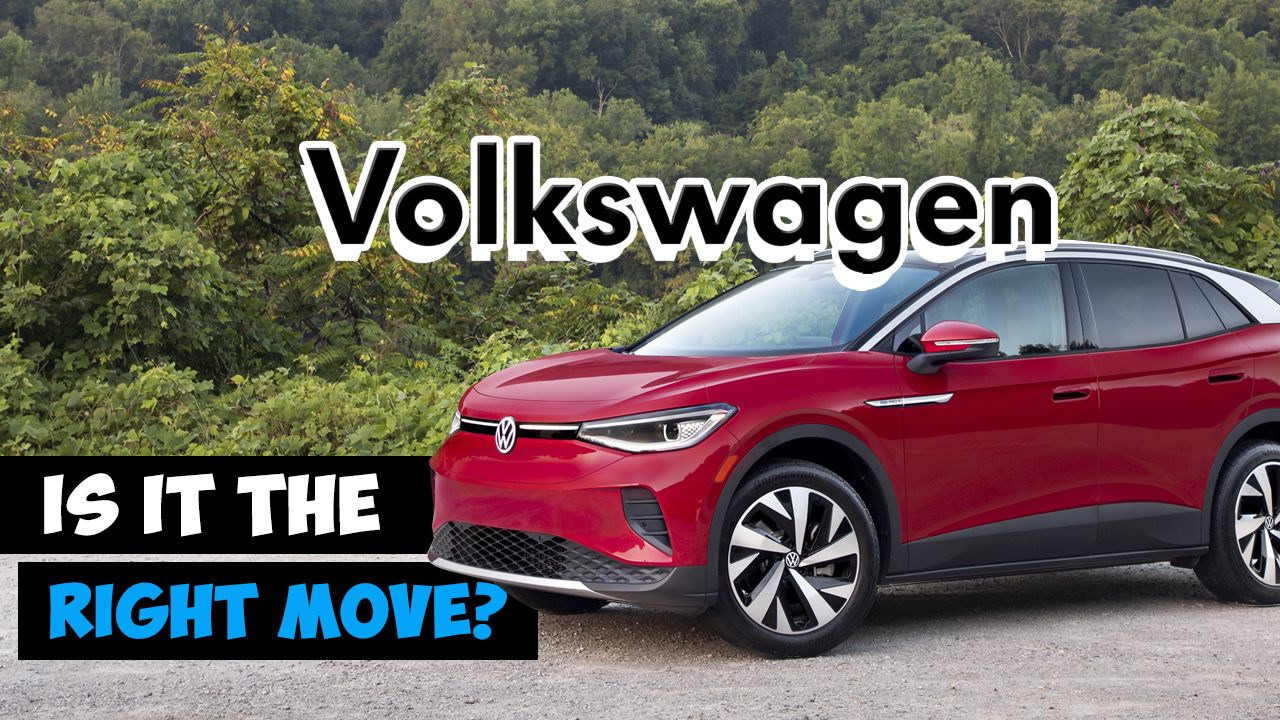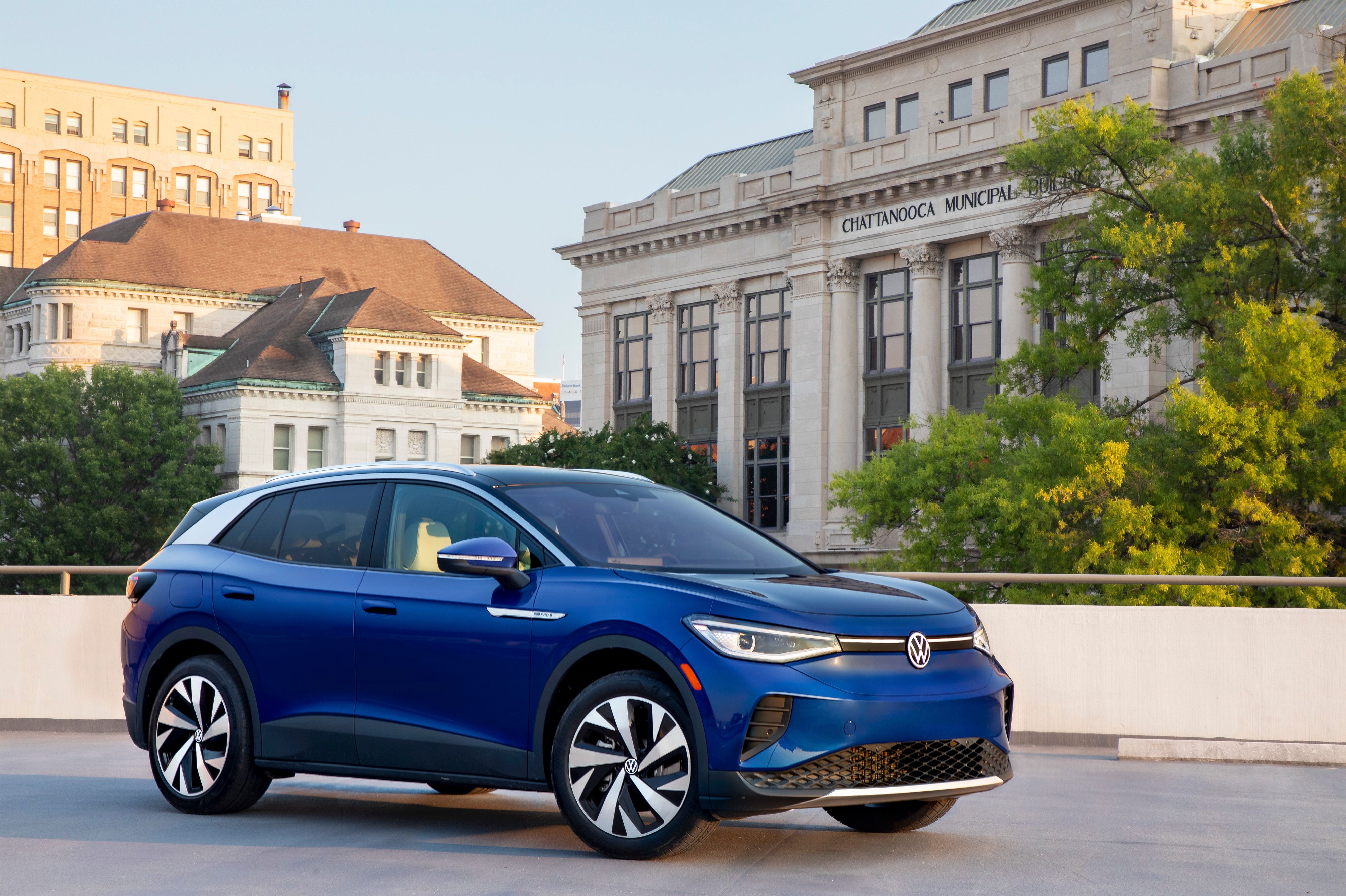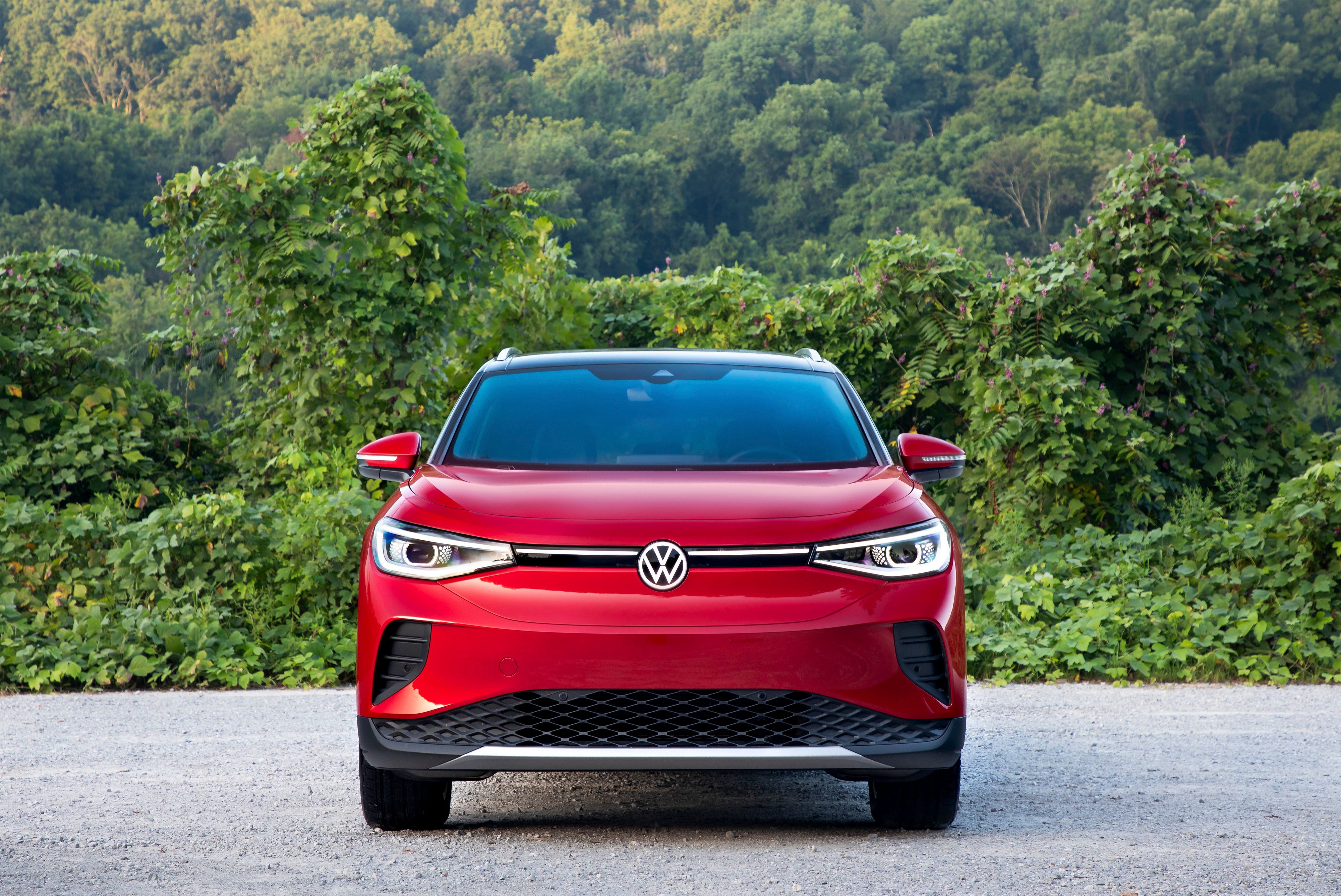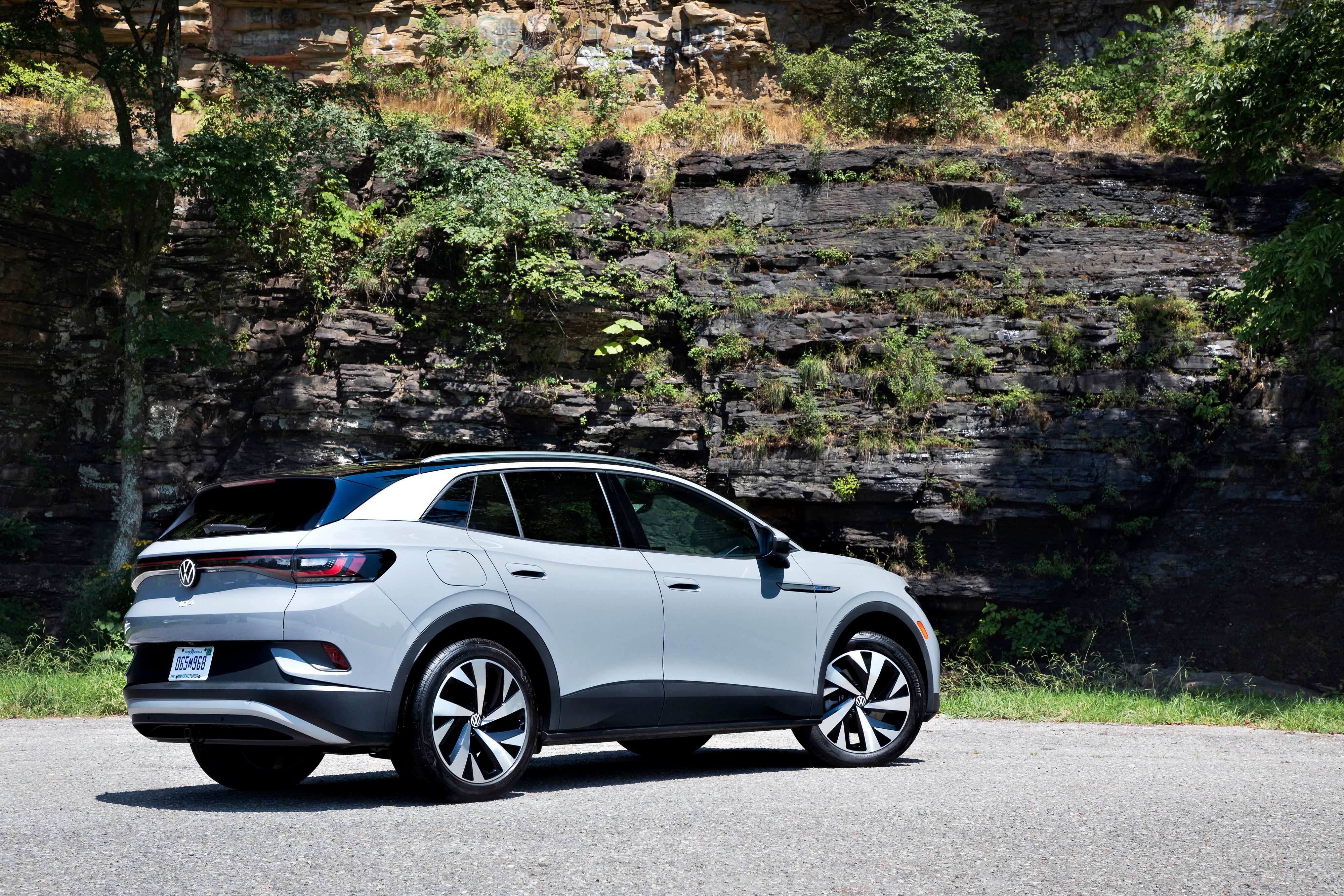Volkswagen tried to save face post-dieselgate by being one of the first to say it would embrace electrification and, by 2035, every new Volkswagen product sold in Europe will be electric. Even the brand’s strategy in the U.S. is bold, kicking off with the new Volkswagen ID.4 and the ID.Buzz, both of which will be followed by even more exciting electric vehicles. The goal is to compete with the likes of Tesla, Rivian, Lucid, and Fisker, among others. To accomplish this, the brand is already investing oodles of money into production plants and development, but now the company is planning something even bigger, and it means your next Volkswagen might not be as affordable as the last.
Volkswagen Wants to Go Premium, And You Should Be Skeptical
In an interview with Financial Times, VW Group Chief Financial Officer, Dr. Arno Antlitz, explained that the company’s sales strategy will be changing drastically with the company moving away from large-volume models like the Golf and Tiguan and toward few but more premium models. Of course, this direction has become quite common with larger legacy automakers since premium cars have become more in demand lately. However, it leaves one to wonder if Volkswagen can pull it off. I’ve always said that Volkswagen thinks it’s more premium than it is, which is the exact reason why the Touareg failed in America – Volkswagen was charging premium prices for an SUV that had more hard plastic inside than your typical GM car.
But I digress.
According to Antlitz, the company wants to step up quality and margins as opposed to volume and market share. In Europe, specifically, Volkswagen intends to reduce the number of cars it sells with internal combustion engines by 60-percent before we flip the calendar to 2030. What’s really interesting about all of this is that it’s the exact opposite of what Volkswagen has been doing. The company’s previous strategy was to, quite literally, move as many cars as possible. This was the plan under former CEO Martin Winterkorn who stepped down after the whole dirty dieselgate situation.
The company is already doing better in terms of higher profits across all of 2021 compared to previous years, yet the brand sold fewer units compared to previous years. This allowed the company to enjoy profits in both South America and North America after a period of financial losses. The important thing for the brand now is to make sure that the more premium cars actually live up to their pricing. Otherwise, the company could start a downward spiral that will be hard to recover from. Likewise, it can’t go too premium, either as the VW Group has a number of premium brands and the risk of cannibalization is real.
Either way, it’s going to be very interesting to how things go for Volkswagen over the next decade and what its idea of premium is as it transitions into its EV future.




